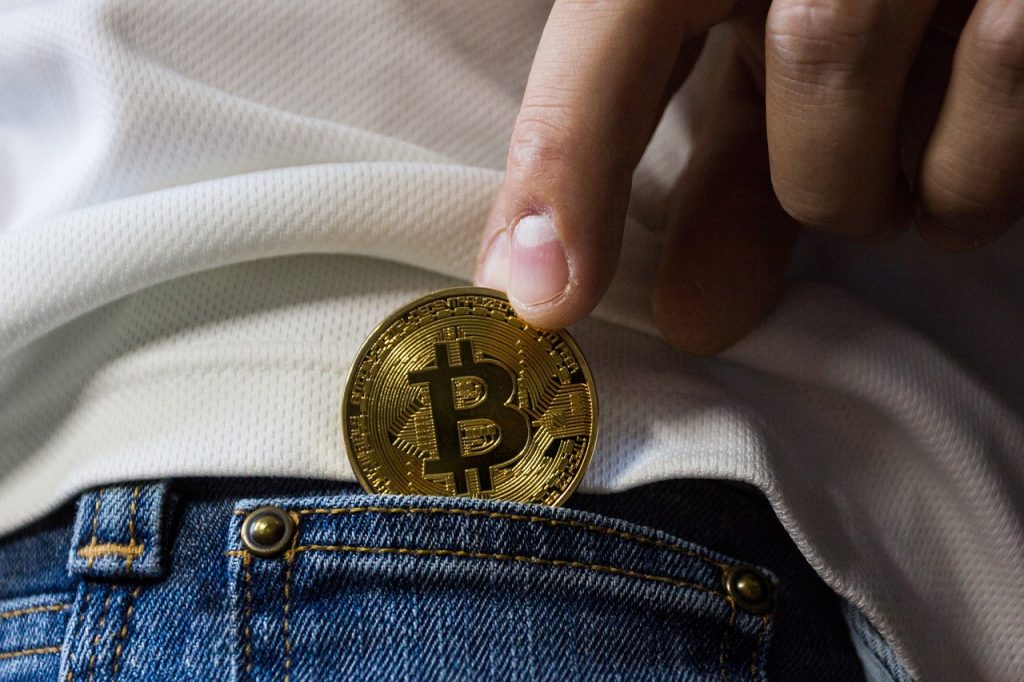Everybody is shocked to witness the effect of the Indian tax law on the crypto industry. The government of India recently passed the law to make crypto transactions taxable and charge 30%.
After the new tax law came into effect, the trading volume of some of the most prominent Indian crypto exchanges showed a dramatic drop in trading behavior among Indians within ten days. The stakeholders, exchange operators, and industry experts warned everyone about the negative consequences, yet India’s new 30% crypto tax legislation came into force on April 1.
According to a study by the Indian blockchain analytics company, Crebaco, the trade volume on prominent Indian crypto exchanges has dropped by 70% in the last ten days.
Due to this harsh crypto tax law, many payment processing partners who offer Unified Payments Interface (UPI) accessibility have discontinued relations with crypto exchanges. This is all due to the influence of India’s new laws.
MobiKwik, one of the most prominent payment applications used to buy bitcoin and other cryptos, stopped operating across crypto exchanges on April 1 due to the vague regulations.
To add to this, the Nasdaq-listed crypto exchange Coinbase was all set to launch in the Indian market with a claim that the users could quickly transfer funds to buy or sell crypto using the Unified Payments Interface (UPI) system. But, the National Payments Corporation of India (NPCI), a wing of India’s central bank stated in a tweet “it was not aware of any crypto exchange using UPI”. This has caused a major setback to the crypto exchange.
Many industry experts gave warnings through their social media handles about these ineffective tax measures. They believe that the new limits on crypto trading will wreak havoc on the country’s booming crypto sector, and the early consequences are already evident.
Everybody’s eyeing the next move of the Indian government regarding the crypto laws and wishing for a more lenient tax law for the industry.



